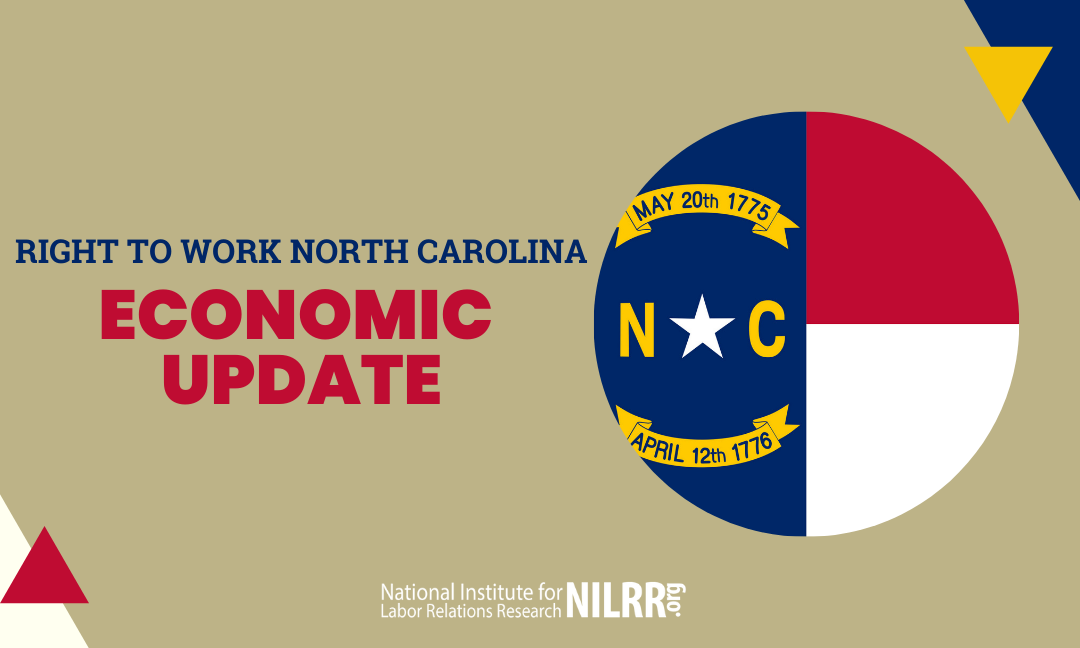Pro-forced unionism boilerplate

The screed linked below, by Big Labor Minnesota state Sen. John Marty (DFL-Roseville, pictured) is a typical example of pro-forced unionism boilerplate. Sen. Marty simply assumes ALL employees subject to union monopoly bargaining thereby “benefit†economically. He offers no proof of that. And no wonder. Even Richard Rothstein, a research associate
Mr. Marty also ignores a host of economic data showing that employees in Right to Work states benefit from faster growth and have higher real purchasing power than employees in forced-unionism states like Minnesota. For example, from 2000 to 2010, private-sector employer outlays for employee compensation (including wages, salaries, benefits and bonuses) increased by an aggregate, inflation-adjusted 11.5% in the five Midwestern Right to Work states (Iowa, Kansas, Nebraska, North Dakota and South Dakota), compared to a real increase of just 4.7% in Minnesota. After adjusting for interstate differences in cost of living using an index created by the nonpartisan Missouri Economic Research and Information Center, per capita disposable income averaged $38,420 in Midwestern Right to Works states in 2010, or roughly $750 more than the cost of living-adjusted per capita disposable income in Minnesota that year.
It’s impossible to address all the omissions, distortions and errors in Mr. Marty’s commentary in a short blog post. But his fundamental problem is clear: He believes in full legal protection for the right to join a union, but only nominal protection for the right not to join. To be specific, he thinks Big Labor should have the power under the law to force workers to pay “agency†fees that may be as high as full union dues to a union they would never voluntarily join. But he has no plausible explanation as to why union officials should enjoy such an extraordinary privilege. That’s why he needs to rely so heavily on misrepresentations of the facts and name calling to defend his position.

